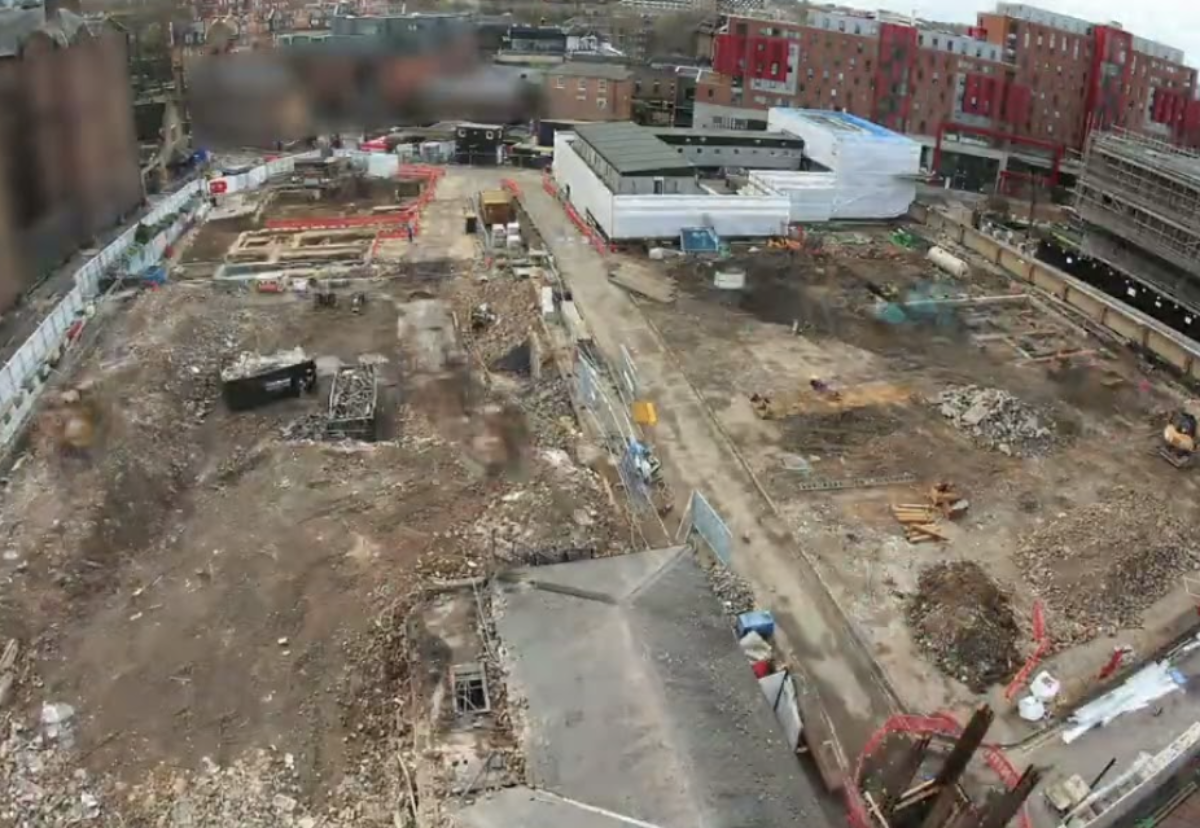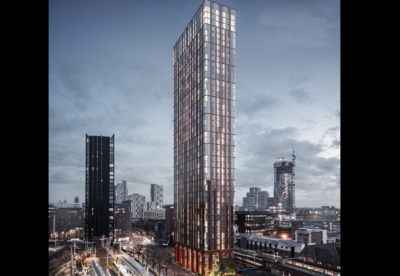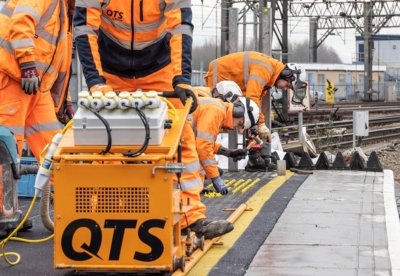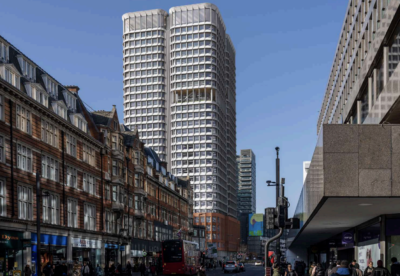Public accounts committee MPs challenged plans for the revised new hospital programme warning that spending and delivery timeframes ‘didn’t stack up’.
NHS procurement chiefs revealed the new hospital programme was costed on the basis that contractors using modern methods of construction would build 25% cheaper and 20% quicker than previous hospital projects.
But final standardised 2.0 hospital designs will not completed until next May. These are critical because they will rely heavily on offsite assembly and use of repeat components and specifications across the programme.
MPs were also concerned about the further impacts the RAAC concrete crisis would have on the ambitious plans.
At least 23 more hospitals have been identified with RAAC problems needing mitigation works budgeted at £685m on top of the seven RAAC hospitals recently moved into the new hospital programme for complete rebuilds.
PAC chairwoman Meg Hillier warned that the National Audit Office had already declared it believed only 32 hospital could be delivered.
NHS officials said the programme would cost £21bn, although broad costings of the five cohorts of projects to be built added up to £38bn, warned Sir Geoffrey Clifton-Brown MP.
So far the first two hospitals in the new hospital programme – the National Rehabilitation Centre and Moorfield Eye Hospital – are due to be delivered in 2025 and 2027 with the remaining due to be started and completed in the next seven years.
Procurement chiefs are planning to share the vast programme between just four contractors, which Sir Geoffrey warned would cause inflationary pressures.
He called on the NHS chiefs to set out a fully costed and timetable list of projects to clarify the delivery plan.
Shona Dunn, permanent secretary, Department of Health and Social Care, said: “This is a very big and complex major Government programme that is not just building 40 hospitals, it is attempting to shift the way in which we build hospital infrastructure.
“I completely accept therefore this is a period of time at the outset of that major programme where we are delivering hospital 2.0, we are changing the approach to the delivery of that infrastructure and you are quite right to say we rely on that change of approach being successful in order to build to these time frames.
“So what I am saying is the recent past needs not to be an indicator of what happens over the next seven years.”
Commenting on the programme delivery plans, Mark Francois MP said the department’s confidence that it could build the remaining 39 hospitals in just seven years after only delivering one in the first three years “defied logic”
“This is truly worse than the MoD and that is saying something,” he added.










.gif)










































 (300 x 250 px).jpg)


